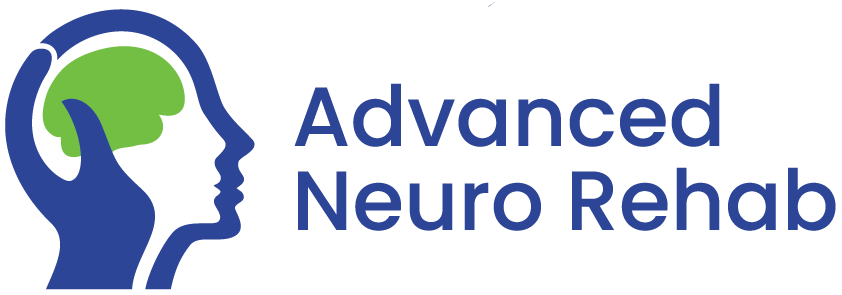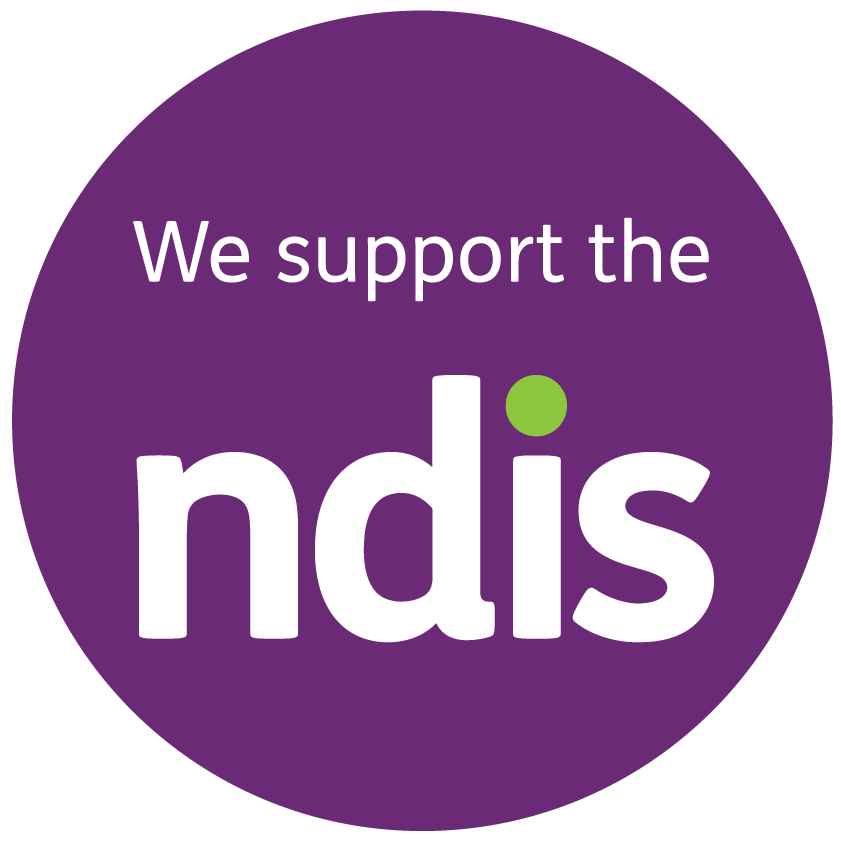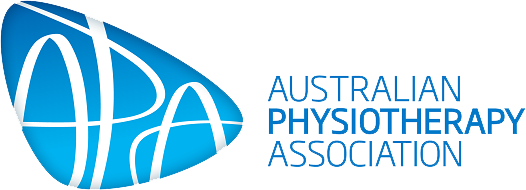
Neurological Physiotherapy
Ataxia
Ataxia is a movement disorder that causes problems with the co-ordination of muscle movement. Ataxia is usually caused by damage to the cerebellum, a part of the brain that has a major role in co-ordination and balance, or disruptions in messages being sent to the cerebellum from the inner ear (vestibular system) or joints and muscles (proprioceptive system). Some types of ataxia can be slow and progressive, such as in the case of genetic conditions like spinocerebellar ataxia, or result suddenly from a injury, stroke or infection affecting the cerebellum. Ataxia commonly cause difficulty co-ordinating movement in the arms, legs and trunk, tremors, appearing “drunk” when walking and problems with dizziness.
Ataxia can have a major impact on function with day to day tasks. Ataxia affecting the arms and hands may cause clumsiness with tasks like writing, buttoning clothes or picking up objects. People often find they have to move slowly to be able to reach for items. Ataxia affecting the trunk and legs may cause people to feel insecure on their feet, imbalanced, have difficulty walking and have an increased risk of falls. Gait ataxia can make someone look drunk when they haven’t had any alcohol, which can often be embarrassing and distressing for the person when walking in public.
There is evidence to support a number of management strategies such as progressive strengthening training and movement based training to improve your function and your. This can help you to perform day to day tasks, and feel more stable on your feet. This might include learning ways to use your vision more effectively or practicing functional movements to increase accuracy and speed of arm and leg movements for day to day tasks.
A Neurological Physiotherapist is trained in using these evidence-based treatments and can therefore tailor a program specific to your needs and goals, based on a detailed assessment. It is important that each program is individualised, as the cause and presentation of ataxia differs from person to person.






